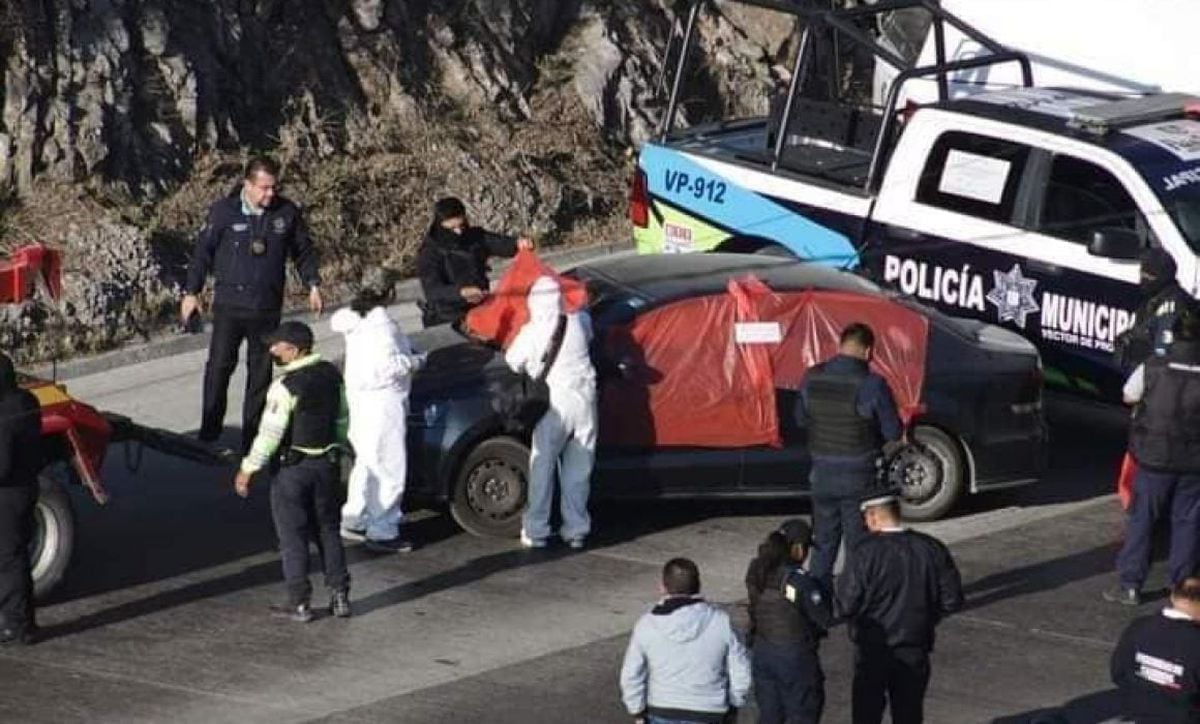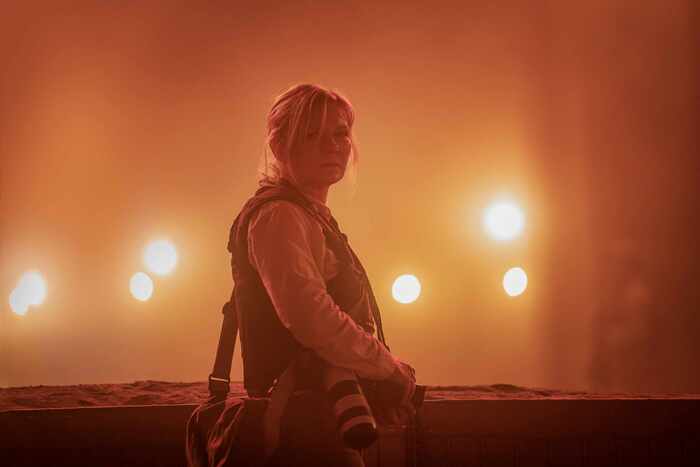On the first of March 2018, a few weeks before the social outbreak that shook the Ortega dictatorship in Nicaragua, a handful of men and women took as a pretext the celebration of the Day of the Journalist to reflect on the difficult moment that the profession was going through in their destroyed country. Among them was Gioconda Belli, who at the time presided over the Nicaraguan PEN, and Carlos Fernando Chamorro, one of the most authorized people in the world to talk about persecuted journalism: not only is he the son of Joaquín Chamorro Cardenal, the former director of La Prensa, who was assassinated in 1978 by the dictatorship of Anastasio Somoza, but today he lives a life of exile in Costa Rica. because several years ago Ortega's military occupied the facilities of the media that he courageously directs — Confidencial and Esta Semana — and stripped him of his nationality. Just as they did, as everyone already knows, with Gioconda Belli, Sergio Ramírez and dozens of other people who have stood up to that murderous dictatorship.
Well, there were Chamorro and company on Journalist's Day, exchanging ideas about what to do about the deterioration of press freedom in their country. And one of the things they came up with, as Chamorro told in public recently, was to summon Carlos Dada and José Rubén Zamora. The first was the founder of El Faro, the Salvadoran digital newspaper that was the first media outlet on the Latin American internet; the second had founded several media outlets in Guatemala, but one in particular, El Periódico, had recently become a headache for the corrupt regime of Alejandro Giammattei. Despite pressure and harassment from their respective governments, Dada and Zamora continued to work and their media continued to do what the media does: hold the powerful to account. Chamorro thought that calling them to tell their experience was a good way to celebrate the Day of the Journalist: because they were proof that, despite the case of Nicaragua, not everything in Central America was stories of grief.
Five years later, that has changed. El Faro denounced the obscene pacts Bukele made with the Mara Salvatrucha, promising them preferential treatment in prisons in exchange for them to stop killing, and has continued to denounce the judicial excesses and due process violations that have turned El Salvador into a prison state (and its president the most popular man in the country). The result is that Carlos Dada is — like Carlos Fernando Chamorro — exiled in Costa Rica, as the Bukele regime has dedicated itself to persecuting its journalists and economically suffocating its outlet. El Periódico, for its part, has reported 144 cases of corruption in the first 144 weeks of the Giammattei government, and the persecution of its journalists ended (but has not ended: of course it has not ended) with the arrest and imprisonment of José Rubén Zamora, who today has been in prison for 11 months, many of them alone. The persecution has paid off: in mid-May, after closing its print edition, El Periódico published its last digital edition. The medium no longer exists.
The hostility that Central American governments have declared to journalism is not new, nor is it only Central American. In certain cases, in addition, it has been installed in societies. Alma Guillermoprieto, teacher of generations of Latin American journalists, recalled the other day that Mexico is one of the countries in the world where more journalists die in the exercise of their profession, and lamented that violence against journalists no longer seems to move society: "When a colleague is murdered," I remember she said, "the only ones who go out to march are the other colleagues." It is true: a thousand different traces give us the sad impression that professional journalism, at least in certain parts of the planet, has ceased to summon the solidarity of our societies. That is why it is as easy or as profitable to persecute journalists as is done in El Salvador, imprison them as in Guatemala, expropriate their media as in Nicaragua, or discredit them by Twitter as in half the world. Society no longer protects its journalists. And I can't think of anything more serious that can happen to a democracy, except, of course, to stop being one.
What are the causes or roots of this disaffection? Is it about the too much information that overwhelms us, and that causes in many citizens a kind of boredom, and sometimes a childish boredom, that leads them to take refuge in the most pleasant and frivolous and colorful worlds of some social networks? Or perhaps it is the new mentalities that the technological revolutions have produced consciously, and that have already been studied to the point of exhaustion (although many are not yet aware of it): those mentalities constantly enraged, contaminated by destructive emotions, whose only interest in being informed is not to be informed, but to confirm a prejudice or feed a hatred. Professional journalism, which is not done to excite emotions and thus hijack our attention and our time, which proposes reflections less nervous and more serene than a video or a meme or the 280 characters, has become uncomfortable for many. In the worst cases, it has gone from uncomfortable to detestable. Information has been replaced by hate speech, which our networks like more: more traffic, more bile, more clicks, more likes, more virtuous outrage, more tribalism.
It is as if civil society, without whose support professional journalism cannot survive, has left it in a situation of abandonment. That is perhaps why journalists can be attacked with impunity, as López Obrador does every day in Mexico: protected by an apparently democratic exercise – appearing every morning before the press to answer questions – he uses his pulpit to harass journalists or intellectuals who criticize him with his own name, and the victims of his harassment range from Emiliano Monge to Juan Villoro. and from Enrique Krauze to this newspaper. In Colombia, the Foundation for Press Freedom has repeatedly had to call the attention of President Petro, who has clashed badly with critical journalists, and not only with those who are biased or incompetent (which there are). Such disqualifications, even if not aggressive, create a climate where aggression by others is facilitated or encouraged; And so it happens that a Colombian journalist receives uncomfortable messages that include images of herself walking with her daughter, and another journalist, known for his political satire, has long been forced to carry bodyguards, and even then has not become accustomed to being threatened with death from both political sides.
It is very bad a society that does not understand the profound dangers of condoning these aggressions, or of looking the other way when they occur, or of feeling a secret satisfaction when the attacked journalist belongs (when we think he belongs) to the political corner that we do not like. The relationship between the press and the powerful has always been tense, and so it should be, and it is in the interests of us citizens that this is the case. But it is one thing that sometimes we are uncomfortable with this necessary tension and another, quite another, that we tolerate hostility and even violence. That path leads nowhere except to the destruction of democracies.
Juan Gabriel Vásquez is a writer.
Subscribe to continue reading
Read without limits
Read more
I'm already a subscriber






/cloudfront-eu-central-1.images.arcpublishing.com/prisa/W24ZFWCMCFGMHPPJYFGV27BJJA.jpg)


